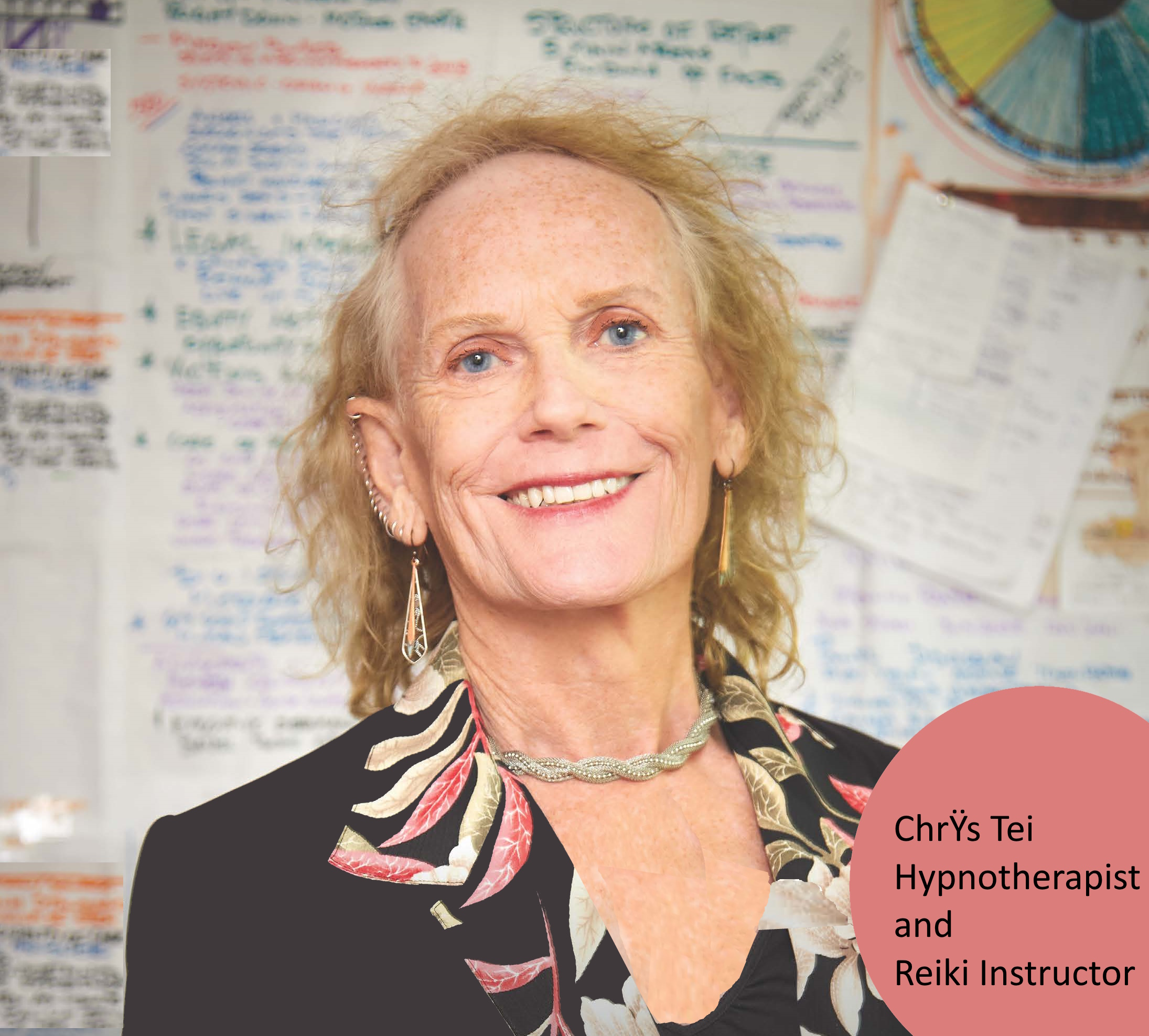

Instructor: ChrŸs Tei

Duration: 5 Months

Topics: Five
Lessons: 20

Level: First Year
Price: $450
Fundamentals of Counseling
Course Overview
Fundamentals of Counseling is an introductory course designed to provide students with a comprehensive understanding of the core principles and practices of counseling. The course covers essential topics such as active listening, empathy, ethical considerations, and various counseling techniques. Students will explore different counseling theories and their applications in real-world scenarios, developing the skills necessary to support individuals in a variety of settings. Through interactive lectures, role-playing exercises, and case studies, participants will gain practical experience and a solid foundation for further studies in the field of counseling.
What you’ll get from this course:
Core Principles of Counseling
Active listening techniques are fundamental in counseling, involving fully concentrating, understanding, responding, and remembering what the client says. This technique helps clients feel heard and valued, fostering a safe environment for them to express their thoughts and feelings. Developing empathy is crucial as it allows counselors to understand and share the feelings of their clients, which builds trust and encourages openness. Building rapport with clients involves creating a positive, trusting relationship, which is essential for effective counseling. This can be achieved through consistent, respectful, and non-judgmental interactions. Ethical considerations in counseling include maintaining confidentiality, obtaining informed consent, and practicing within one’s competence. These principles ensure that the counseling process is conducted with integrity and respect for the client’s rights and dignity.
Counseling Techniques
Cognitive-behavioral techniques focus on identifying and changing negative thought patterns and behaviors. These techniques are effective in treating a variety of mental health issues, including anxiety and depression. Solution-focused approaches emphasize finding solutions in the present time and exploring the client’s hope for the future, rather than focusing on past problems. Motivational interviewing is a client-centered technique that enhances motivation to change by exploring and resolving ambivalence. It is particularly useful in addressing substance abuse and other behavioral issues. Crisis intervention strategies are used to provide immediate, short-term help to individuals experiencing a crisis. These strategies aim to stabilize the situation, reduce stress, and provide support and resources to help the individual cope.
Counseling Theories
An overview of major counseling theories includes psychodynamic, humanistic, cognitive-behavioral, and systemic approaches. Each theory offers different perspectives on human behavior and therapeutic techniques. Application of theories in practice involves integrating these theoretical frameworks into counseling sessions to address clients’ unique needs. For example, cognitive-behavioral therapy (CBT) might be used to help a client challenge and change unhelpful thoughts and behaviors. Comparative analysis of theories allows counselors to understand the strengths and limitations of each approach, helping them choose the most appropriate method for their clients. Case studies illustrating theory use provide practical examples of how different theories can be applied in real-life scenarios, enhancing understanding and skill development.
Practical Skills Development
Role-playing exercises are a valuable tool in counseling training, allowing students to practice and refine their skills in a controlled environment. These exercises help build confidence and competence in handling various counseling situations. Interactive lectures and discussions provide opportunities for students to engage with the material, ask questions, and deepen their understanding of counseling concepts. Hands-on practice sessions offer practical experience in applying counseling techniques, which is essential for skill development. Feedback and reflection activities encourage self-awareness and continuous improvement, as students receive constructive feedback on their performance and reflect on their experiences to identify areas for growth.
Real-World Applications
Counseling in diverse settings includes working in schools, hospitals, private practices, and community organizations. Each setting presents unique challenges and opportunities for counselors. Supporting individuals with different needs involves tailoring counseling approaches to meet the specific needs of clients, such as those with mental health disorders, substance abuse issues, or life transitions. Cultural competence in counseling is essential for effectively working with clients from diverse backgrounds. This involves understanding and respecting cultural differences and incorporating this awareness into the counseling process. Preparing for advanced studies in counseling includes gaining practical experience, engaging in continuous learning, and staying updated with the latest research and developments in the field. This preparation is crucial for those seeking to specialize or advance their careers in counseling.
Course Content
- Core Principles of Counseling
- Active listening techniques
- Developing empathy
- Building rapport with clients
- Ethical considerations in counseling
- Counseling Techniques
- Cognitive-behavioral techniques
- Solution-focused approaches
- Motivational interviewing
- Crisis intervention strategies
- Counseling Theories
- Overview of major counseling theories
- Application of theories in practice
- Comparative analysis of theories
- Case studies illustrating theory use
- Practical Skills Development
- Role-playing exercises
- Interactive lectures and discussions
- Hands-on practice sessions
- Feedback and reflection activities
- Real-World Applications
- Counseling in diverse settings
- Supporting individuals with different needs
- Cultural competence in counseling
- Preparing for advanced studies in counseling
Course Instructor


ChrŸs Tei
ChrŸs Tei is a passionate educator who provides comprehensive training for people who have an interest in growing wellness in their families, communities, and themselves. She was a co-founder of the Tau Wellness Co-op in 2014 and has brought together into one integrated approach the skills of therapeutic touch, therapeutic arts, and therapeutic trance. ChrŸs is a steadfast advocate for the gender/neuro diverse community and the grateful guest of the T’sou-ke First Nation for over 40 years.
As Tau we are guests everywhere forever and thank our many hosts.
We are one people amongst many nations
Our commonality is our diversity
And the ancestors WE share
May their voices lead us in our work
And our touch always heal


